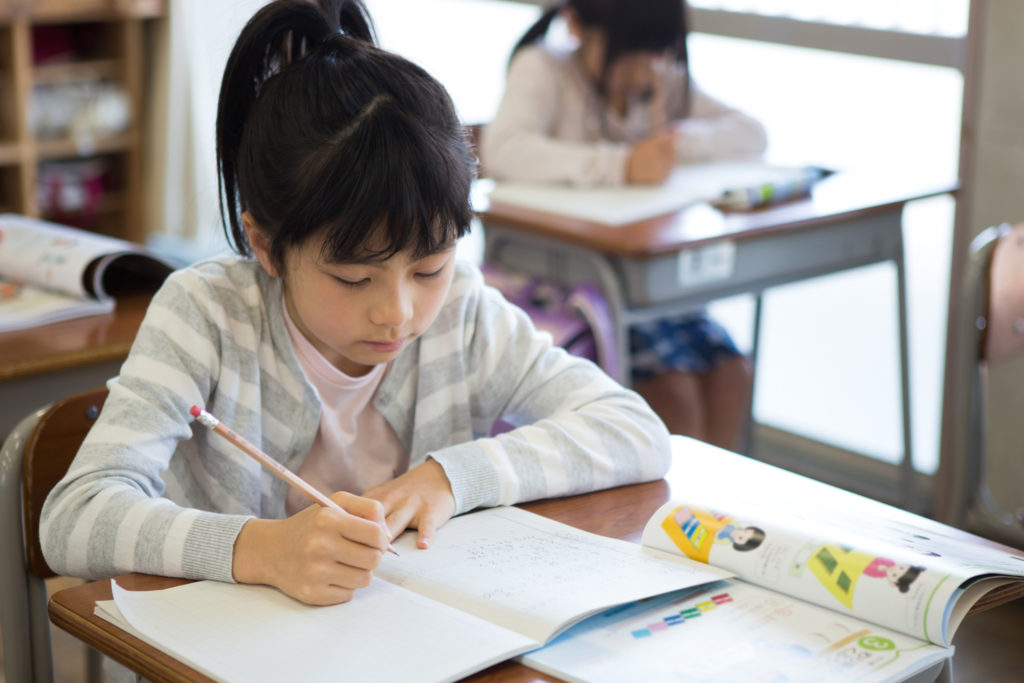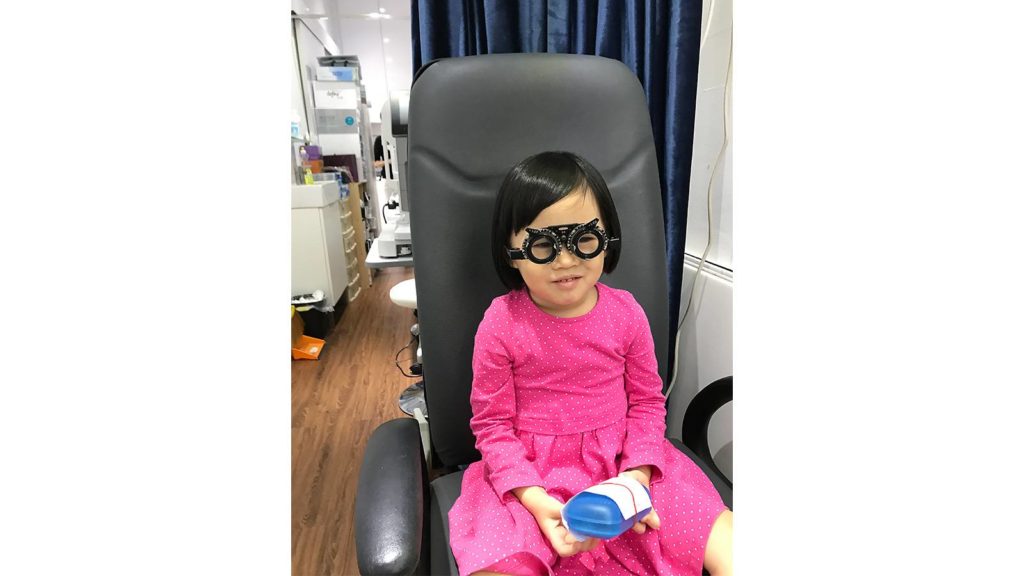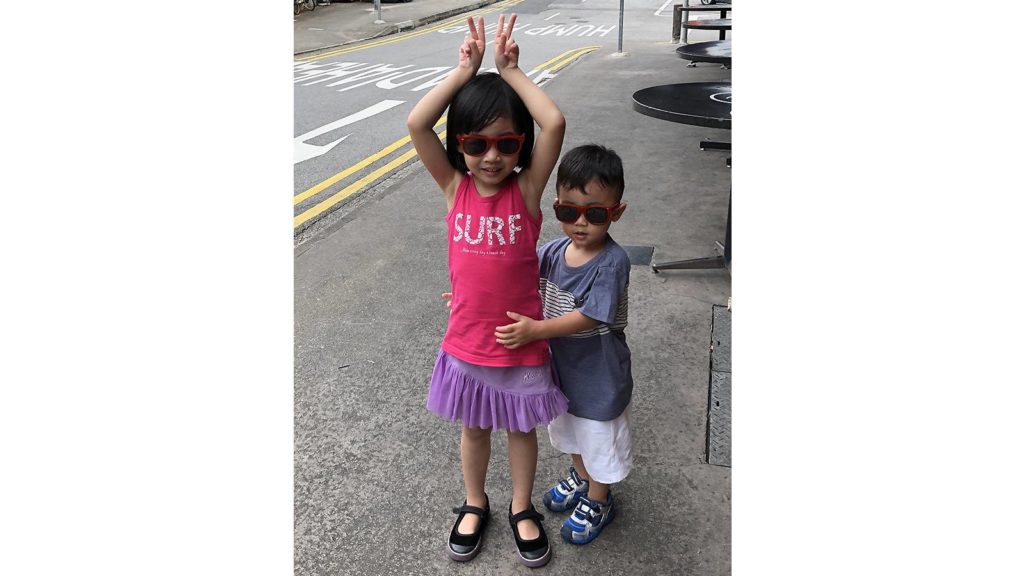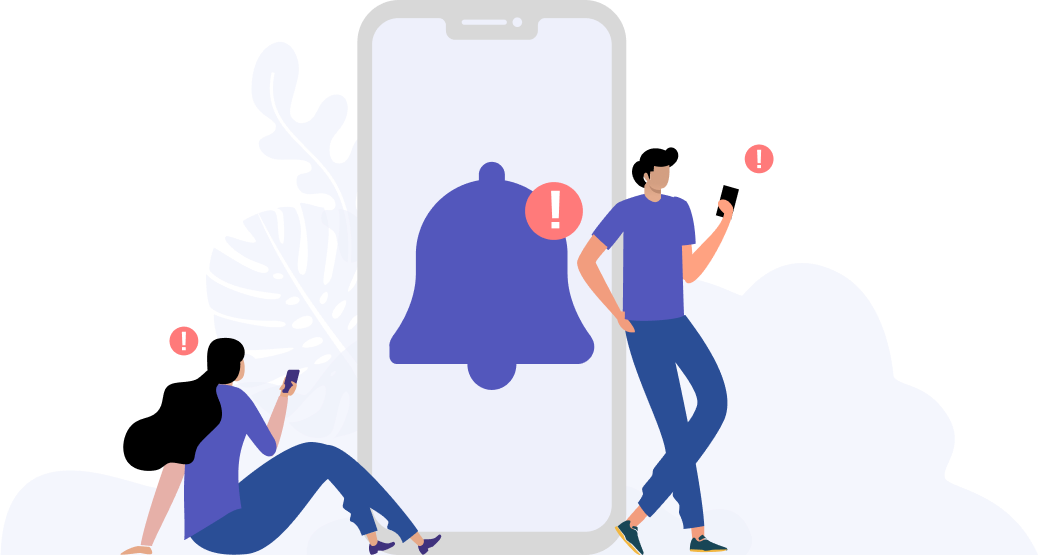CONVERSATIONS WITH… An Optometrist

Impressed with the optometry booth at a local polytechnic, Iryn Gan, (now 34), decided to pursue this career option.
“The course is very specialised and it covers detection of eye diseases, management of eye complications, the prescription of eyewear and more,” Gan says.
After graduating with a diploma in optometry, Gan decided to get a degree in the subject at Cardiff University in the UK.
Today as a consultant with Johnson & Johnson Vision Care (Acuvue) Singapore, Gan provides training to optometrists, opticians and optometry students. She helps them improve their skills and updates them on the latest contact lens technology in the market.
In particular, Gan says it’s important to stop childhood eye problems from progressing. “Singapore has one of the highest rates of childhood myopia in the world, even though the Health Promotion Board recently reported that the rate has remained stable over the past decade,” she notes.
Hi Iryn, could you tell us more about your job scope and what a typical day is like for you?
As a consultant, I visit optometrists in optical shops to share my experiences and practice management techniques, so as to enhance their clinical skills. I am also a visiting optometrist at United Eyecare (@unitedeyecare), and through this, I am able to keep in touch with the optical retail industry to better understand the challenges faced by optometrists and opticians. I’m also a mum of two, so I’m constantly trying to juggle work and family life!
Young children who develop myopia early in life tend to have higher eye degrees and face a higher risk of eye problems later in life.
Indeed, since you’re a mum yourself, what are some of the most pressing eye issues/problems you see with kids today?
Young children who develop myopia early in life tend to have higher eye degrees and face a higher risk of eye problems later in life. It is very important to control the progression of childhood myopia as it can progress very quickly.
Strabismus (squint), amblyopia (lazy eye) and color vision deficiency are also quite common in children. Early detection is important because treatment tends to be more effective when the child is younger. Untreated strabismus and amblyopia may lead to permanent visual impairment.
Since you mentioned myopia, is there any way to stop it from progressing?
The ways to control myopia progression includes practising good eye care habits, wearing myopia control glasses or special contact lenses, and using atropine eye drops. Parents should talk to their eye care professional to decide which method best suits their needs.

How early should kids be going to get their eyes checked?
A child’s first eye exam should occur before entering kindergarten or by age 5. Myopia is genetic, which means that children with myopic parents have higher chance of being myopic. These kids should get their eyes checked at age 3 or 4.
If a parent notices any eye problems, they should have their child examined right away, so that the problem doesn’t become permanent. Any undetected and uncorrected vision problems in the child could result in developmental delays and learning difficulties.
What are signs of eye problems in children?
Signs that a child may have vision problems include constant eye rubbing, squinting, poor focusing, poor eye tracking (following an object), abnormal eye alignment or movement, and the inability to see objects clearly at a distance or near.
Any undetected and uncorrected vision problems in the child could result in developmental delays and learning difficulties.
What can parents expect when they bring their kids to get their eyes checked?
Parents should bring their kids to see optometrists who use child-friendly tools to make the visit pleasant and engaging. During the consultation, the optometrist will assess the kid’s vision, refractive errors (eye power), eye-focusing skills, eye alignment, colour vision and 3D vision. A referral might be made to an eye doctor if any serious eye problems are suspected during the eye examination.
Some kids may be afraid of going to the optometrist, especially when they see all the different equipment being used to check their eyes. How would you allay their fears?
When scheduling an exam for a child, parent should choose a time when the child is usually alert and happy, usually in the morning or after nap time. Before the eye exam, I would always take time to discuss with the child what will happen during the eye exam. I also use kid-friendly tools to assess their vision, to make them feel more comfortable and happy. Some of my young patients think the eye exam is a “play session”!

Care to share one of your most memorable patients/cases?
I had a patient with red eyes coming to see me because she couldn’t see well even after wearing contact lenses or glasses. After the eye exam, I told her to stop wearing contact lenses and see an eye doctor immediately. She had a corneal ulcer in one eye and mild corneal abrasion in the other eye. The patient had purchased her contact lenses online without going through a proper eye examination. The contact lenses did not fit well in her eyes. She ended up having a permanent corneal scarring and partial vision loss in one eye.
Yikes! So, what advice do you have for people looking to switch to contact lenses?
Contact lenses are classified as medical devices in Singapore. Contact lens wearers should consult a qualified optometrist or contact lens practitioner before buying contact lenses. One size fits all doesn’t apply when it comes to contact lenses. The optometrist or contact lens practitioner will perform a thorough eye health and contact lens examination and advise the wearer on the most suitable lenses that suit their needs and lifestyle.
Spending time outdoors as a child can delay or even prevent myopia as natural light may be essential for normal eye development in kids.
Let’s talk more about your role as a parent ― from the perspective of a mum, do you worry about their eyesight?
I have a 2-year-old son, Leroy, and a 4-year-old daughter, Janelle. My husband and I are nature lovers. We love bringing our kids outdoors to play. Spending time outdoors as a child can delay or even prevent myopia as natural light may be essential for normal eye development in kids. Children should spend 2 to 3 hours outdoors daily (or at least 14 hours a week). However, with our hectic lifestyles in Singapore, it is difficult to fulfil the daily quota! So, my husband and I always bring our kids to the playground, park or beach during weekends.
Do you need to take any precautions when you’re out in the sun?
Yes, spending too much time outdoors without proper ultraviolet (UV) protection can damage the skin and eyes! Children are more vulnerable to UV damage because their pupils are larger and their lenses in the eyes are clearer. Hence, UV protection is extremely important. Let your children wear sunglasses with UV protection and/or a hat. Also remember to apply sunscreen to protect the delicate skin! If your child is wearing contact lenses, contact lenses with UV blockers can provide additional UV protection as a complement to sunglasses.
What other advice do you have for parents who want to protect their kids’ eyesight?
For school-aged kids, it is important to remind them to take frequent visual breaks. Reading, drawing or playing tablet games doesn’t constitute a break. Parents can use the 20-20-20 rule: Every 20 minutes, take a 20-second break and look at something at least 20 feet [6m] away. Parents themselves should also practise this rule to prevent eye strain and eye fatigue!
Other than spending more time outdoors and taking frequent visual breaks, I also teach my kids to adopt healthy eye care habits like keeping the book at arm’s length while reading, sitting at least 2m away from the television, and eating more fruits and vegetables! Most importantly, I bring them for an eye examination at least once a year.
Photos: Iryn Gan, Instagram/United Eyecare
This article first appeared on SmartParents. Written by Melissa Tan.
Tools Designed for Healthier Eyes
Explore our specifically designed products and services backed by eye health professionals to help keep your children safe online and their eyes healthy.





